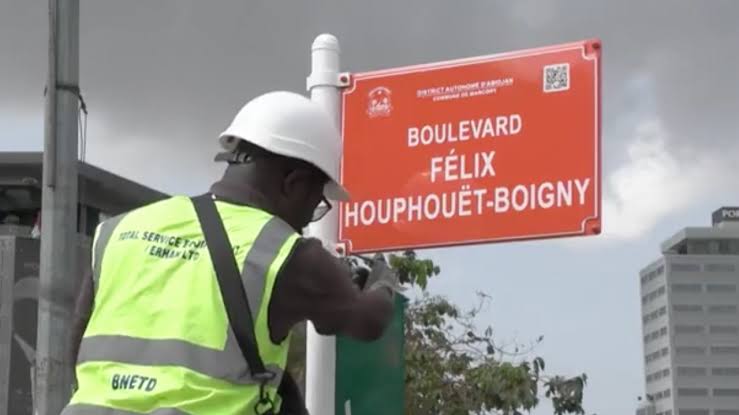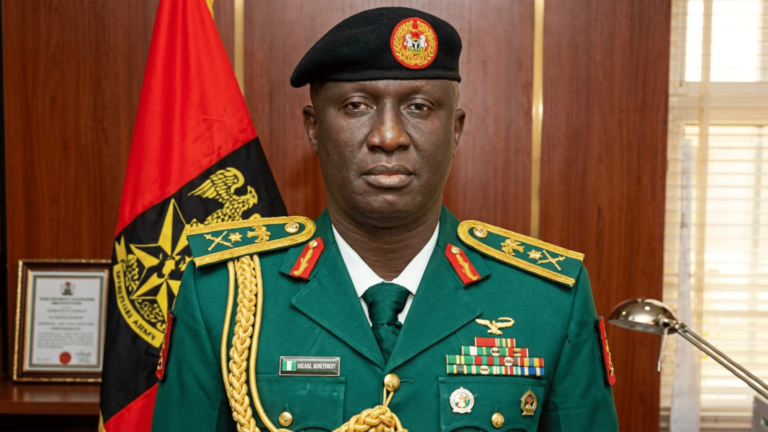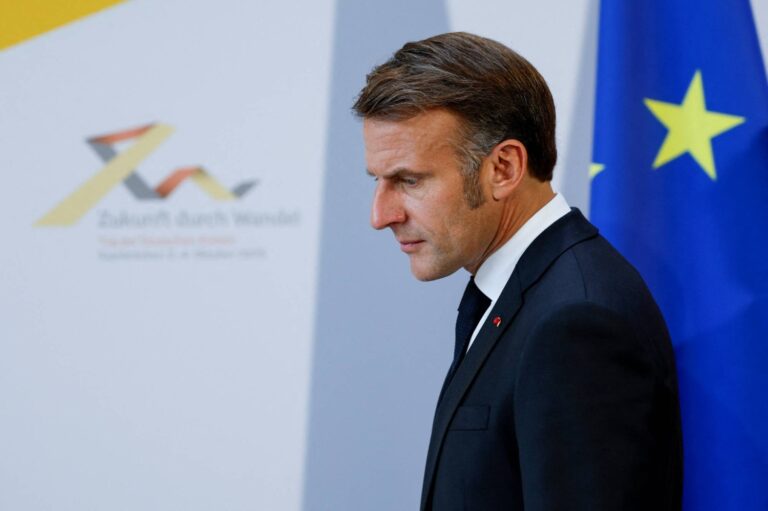
The initiative, which commenced in 2021 with a budget of 10 billion CFA francs (around $17 million), seeks to honor political leaders, cultural figures, and revolutionary personalities who have significantly influenced the nation’s history.
Plans are in place to extend this project to other major urban areas throughout the country.
“Navigating our country has become increasingly complicated, and it is essential to upgrade our traffic and location systems to meet international standards,” stated Alphonse N’Guessan, the official responsible for overseeing the program focused on street name changes, renovations, and urban development, in an interview with AFP.
Beyond its practical implications, this initiative holds profound symbolic significance for many Ivorians, who view it as a reclamation of their national identity and collective memory.
“It reflects the history of Ivory Coast. Each boulevard is named after a politician, a minister, or a celebrated artist,” remarked receptionist Perpetue Bugre.
Streets that were once named after French or unfamiliar foreign figures are now being renamed to honor those who have played pivotal roles in the nation’s history. For many, these changes evoke a long-awaited sense of pride and acknowledgment.
Read more: Nigeria’s NASENI Drives Job Creation and Youth Empowerment Through Skills Training
“Let’s just say that it brings us great satisfaction,” expressed local salesperson Jean Bruce Gneple. “President Félix Houphouët-Boigny will always be remembered by all Ivorians as the founding father of Ivory Coast, so this tribute is something we take pride in.”
Franck Hervé Mansou, a 31-year-old technician, highlighted the educational aspect of the project.
“They refer to it as ‘Boulevard Giscard d’Estaing,’ ‘Boulevard Blanchard.’ We weren’t familiar with Blanchard,” he noted. “In school, we learned about Félix Houphouët-Boigny, Biaka Boda, and Marie Koré. The names of the streets in Ivory Coast should reflect Ivorian revolutionaries and politicians. In the future, we will be able to share this knowledge with our children.”
The street renaming initiative is part of the government’s strategy, initiated in 2017, aimed at modernizing urban management and enhancing identification systems in expanding cities.



